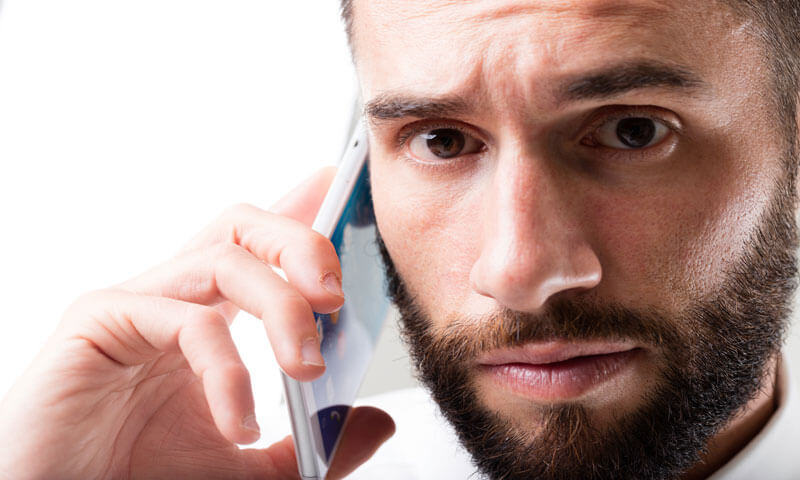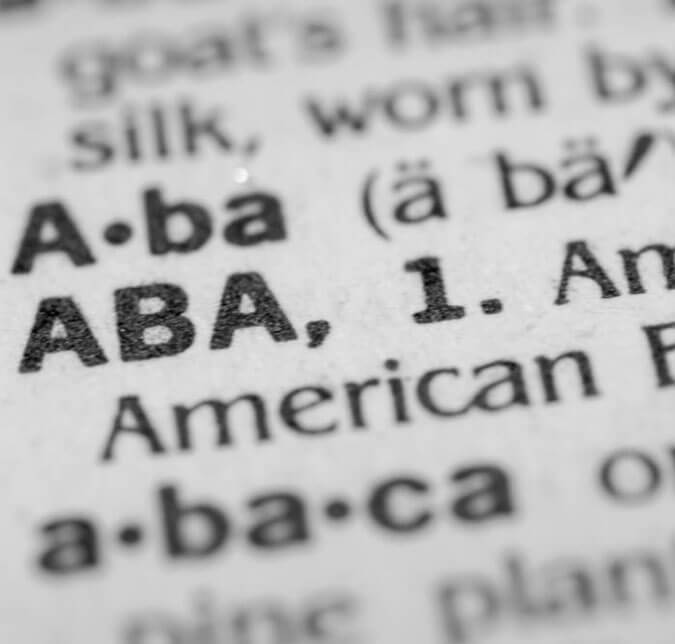Summary: President Donald Trump is expected to name the replacement for Justice Anthony Kennedy on Monday evening.
President Donald Trump is expected to name his pick for the Supreme Court on Monday evening. Trump has said that he wants to name a conservative to replace Justice Anthony Kennedy, and pundits have predicted he will most likely pick either Thomas Hardiman, Brett Kavanaugh, Raymond Kethledge or Amy Coney Barrett.
LGBTQ activists worry that the new judge may roll back the community’s civil rights, and The Daily Beast said that the new judge could play a role in at least five major cases.
1. Pidgeon v. Turner
The Supreme Court legalized gay marriage in 2015, but the LGBTQ community worries that this right may be revoked with the appointment of a new conservative Supreme Court justice. And the case of Pidgeon v. Turner may not repeal the legality of gay marriage but could impact the legal rights of LGBTQ couples.
Two Texans, pastor Jack Pidgeon and accountant Larry Hicks, sued Houston Mayor Annise Parker in 2013, stating that taxpayers should not have to pay for the benefits of same-sex married couples who work for the government. They basically argued that same-sex couples did not deserve the same benefits as heterosexual couples, and the case is heading up to the Supreme Court.
2. Transgender military member cases
Several transgender military members sued President Trump after he announced his intention to ban transgender members from serving. Trump said that these servicemembers were too costly to allow because of their medical expenses. Federal courts have already blocked attempts to implement Trump’s discriminatory policy, but if he continues fighting for this cause, these cases could be decided by the Supreme Court.
“What makes the field even more challenging for LGBT advocates is the fact that, to date, no case directly involving transgender rights has made it to the Supreme Court,” The Daily Beast stated.
3. Arlene’s Flowers Inc. v. Washington
This year, the Supreme Court narrowly ruled in favor of a Colorado baker who refused to make a special cake for a same-sex wedding. The baker was ruled discriminatory by low-level courts, but the Supreme Court stated that Colorado had not respected the baker’s religious beliefs.
The Supreme Court will soon hear a similar case, this time concerning a florist who also refused to service a same-sex wedding. In late June, the court sent the Arlene’s Flowers case back to a state court in light of the Colorado baker case, but if the florist case returns, it could open the door for more businesses to deny goods and services to people seeking gay marriage.
4. EEOC v. R.G. & G.R. Harris Funeral Homes
“Sexual orientation” has not been added to Title VII of the Civil Rights Act of 1964, and this has opened a debate as to whether or not LGBT people are safe from workplace discrimination. Many courts have interpreted the language in the act as protecting LGBT people from gender stereotyping, but the Supreme Court could challenge this with the case EEOC v. R.G. & G.R. Harris Funeral Homes.
Aimee Stephens, a transgender woman, was fired from her job at Harris Funeral Homes in Michigan after she came out. She sued her old employer, and the case may be seen soon by the Supreme Court.
5. Doe v. Boyertown Area School District
After gay marriage was legalized in 2015, Republican lawmakers became focused on stopping transgender people from using the bathroom of their choice. The Supreme Court has yet to rule on the matter, but if the case of Doe vs. Boyertown Area School District makes it’s way there, it could affect who uses what bathroom or locker room.
Last year in Boyertown Area School District in Pennsylvania, a cisgender student sued the school district over its transgender-inclusive restroom policy. They stated that it was a privacy violation to see a transgender student in the locker room with them.
- What Is The Future of Roe Vs. Wade?
- Supreme Court Justice Anthony Kennedy Retires
- Donald Trump’s Potential SCOTUS Nominees
















































